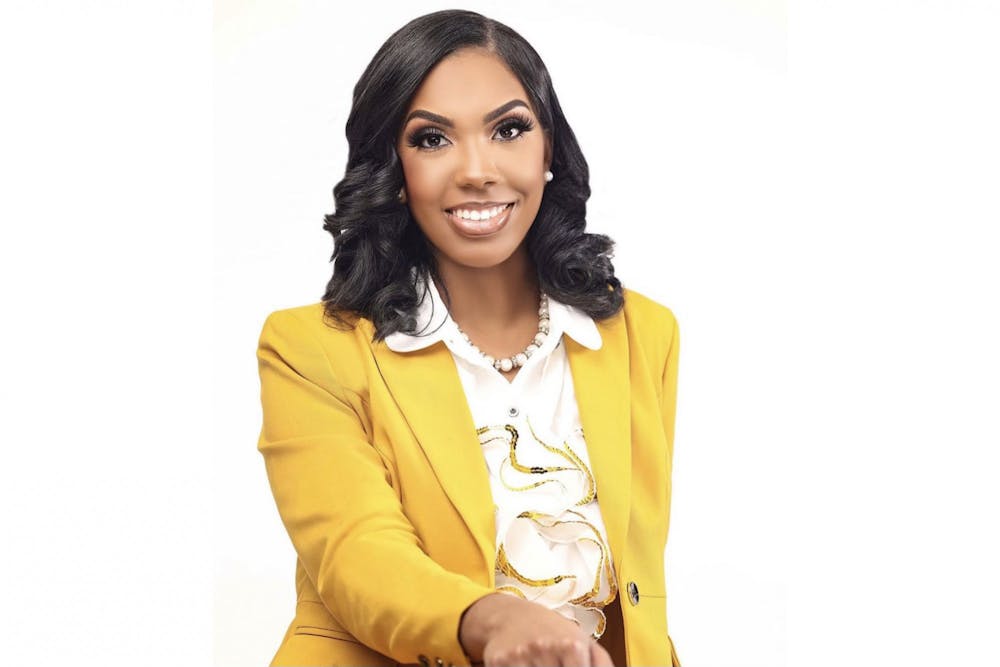Earlier this year, attorney Shequeena McKenzie was sworn in at the age of 28 as the first Black female judge in McComb, Mississippi. Her accomplishment blazes a path for younger Black women and girls to accomplish their goals.
As a young Black woman aspiring to pursue a career in law, I look up to McKenzie and her story.
McKenzie graduated Cum Laude with a doctorate in jurisprudence from Mississippi College School of Law in 2018. She has practiced law for about three years, becoming a judge at the age of 28.
Tajah Thomas, a second-year law student at IU’s Maurer School of Law, said it is both exciting and scary for Black women to continue to break down barriers.
“It does wonders for a young mind to see people that look like you accomplish such amazing things,” Thomas said.
Thomas said Black women are constantly overlooked when it comes to various careers like law because these are spaces that are typically occupied by non-Black and non-women.
“Black women are some of the most overqualified people for the type of work that we do, and we don’t apply to jobs if we feel we don’t check every single box through our resume,” Thomas said.
Abby Akrong, IU’s Maurer School of Law student, said she has sometimes been the only person of color in legal spaces, so it is encouraging to hear Black women breaking barriers within the field.
“I hope that in whatever I do, I am able to leverage my ability and privilege to help future Black women to achieve their goals and get where they want to be within their careers and lives,” Akrong said.
Akrong said there are quite a few Black women she looks up to within and outside the legal field.
“I also think particularly that the ability to mentor and encourage younger Black women and girls is vital in thinking about the role that Black women play within the legal field,” Akrong said. “Many young Black women and girls are simply trying to navigate through the legal field with little to no guidance.”
Only 5% of lawyers are Black, which has been true for the past decade, so having people such as Thomas, Akrong and McKenzie continue to pursue careers in law helps to close the gap and open doors of opportunity for Black women.
Imposter syndrome involves feelings of self-doubt and personal incompetence and it rings loud for many BIPOC individuals, especially Black women.
“I want to rewrite the narrative that everything must be perfectly in place in order for us to deserve these positions in society,” Thomas said. “I want to show that we deserve things simply because we want them.”
Society has told Black women we are not good enough for certain positions and titles. Many of us wear ourselves thin to ensure we do not make any mistakes because there is hardly any room for that.
“Although we will all inevitably strive for perfection or to always be on top of our game, being human and occasionally faltering on the journey is part of what will make us great lawyers,” Thomas said. “It’s just the part people often don’t see.”
When thinking of where some of these pressures come from, it stems from how an inferiority complex continues to have a negative impact on Black people, Black women more specifically.
“I think the most important thing in thinking about entering the legal field as a Black woman is using privilege and ability to elevate other Black women,” Akrong said.
Black women lift as we climb.






